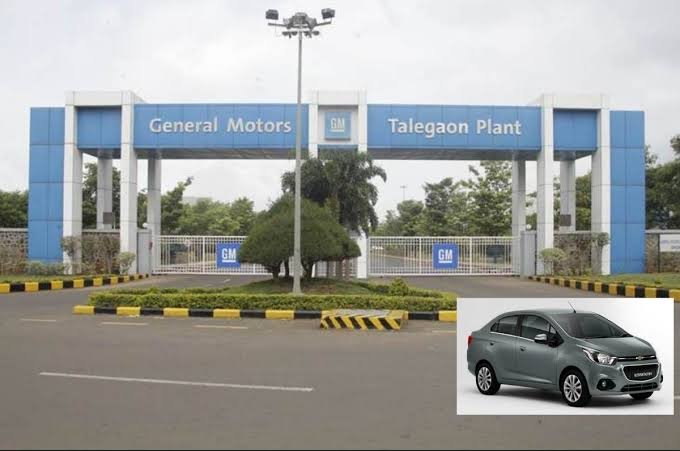The union representing over 1,000 former plant employees is currently engaged in legal battles with General Motors, effectively preventing the plant’s closure.
General Motors Co.’s 300-acre plant in Talegaon, western India, has been surrounded for the past year by green hills flecked with bright yellow and orange wildflowers. Only a soiled layoff notice affixed to the shuttered factory hints at GM’s difficulties in separating itself from the country.
More than a year after its final export vehicle was built at the plant, the automaker is still embroiled in a legal battle with the labour union that represents over 1,000 laid-off workers.
Despite the fact that an agreement was reached in January 2020, the sale of the GM factory complex to China’s Great Wall Motor Co has been postponed. Following a series of deadly clashes along India’s disputed border in recent weeks, relations between the two countries have become even more strained.
However, GM’s $1.1 billion losses, followed by political and legal issues that prevent it from selling its business, serve as a stark warning to prospective Indian investors. Since the 1990s, when the country’s economy was liberalised, international corporations have been attempting to reach out to this 1.4 billion-person country. They have been stymied by high tariffs, stringent labour regulations, and a difficult legal system.
According to Richard Rossow, Deputy Director of the US-India Business Council, “India remains a difficult place to manufacture from.” He is now the Wadhwani chair in US-India policy studies at the Center for Strategic and International Studies. For the majority of global manufacturers, getting a foothold in the market and making a name for themselves has proven difficult.
Concerns Regarding the Legal System
Until recently, a contentious law allowed the Centre to tax foreign corporations’ indirect transfers of Indian assets. Companies such as Cairn Energy Plc and Vodafone Group Plc battled the rule in arbitration courts for years before it was finally overturned by the Indian capital, Delhi.
It is difficult for foreign automakers to establish themselves in the United States. Hyundai Motor India Ltd and Maruti Suzuki India Ltd dominate the market with their low-cost, compact vehicles that are well-liked by customers. Neither Toyota Motor Corporation nor Harley-Davidson Inc plan to expand in the region in the near future.
According to reports, Ford Motor Company is also reducing its presence in the country. The costs of restructuring will be in the billions of dollars, and the company will be dragged into protracted legal battles with local dealerships, who will be responsible for after-sales service once the manufacturer departs.
According to Vinkesh Gulati, president of the Federation of Automobile Dealers Associations, Ford is expected to compensate dealers.
The restructuring, according to Ford India, “resulted from a thorough examination of India’s business and possible options in light of changing economic and regulatory environments.”
“In collaboration with our dealers, we will continue to provide full customer service to our current customers,” he says.
Meetings with Indian and US officials, according to those familiar with the situation, have failed to break the deadlock on GM’s sale or labour issues. Given the country’s record levels of funding and stock exchange listings, Prime Minister Modi’s government is unlikely to be concerned about the departure of some existing foreign manufacturers from India.
‘Perhaps Ford and GM will start to change that calculus a little bit, and they’ll get a little more concerned,’ Rossow says, referring to Indian officials who are watching the departure of the high-profile carmakers from the country. Despite the large exits, many people remain.”


